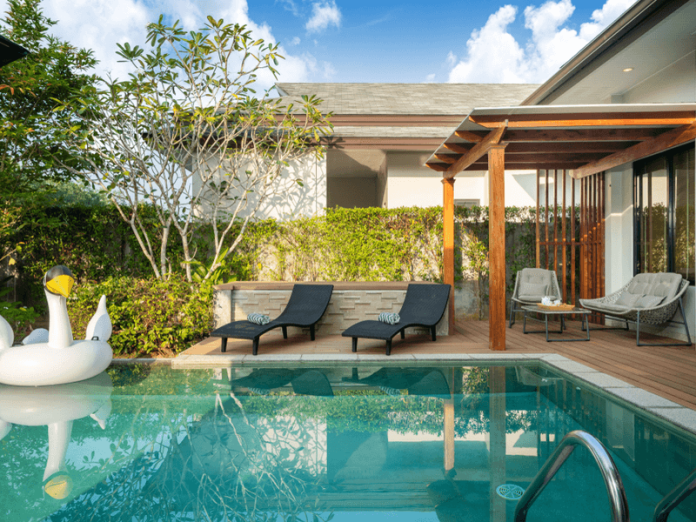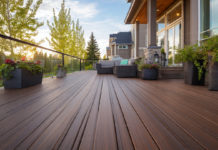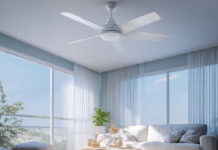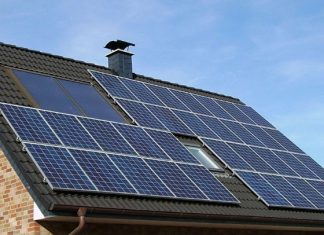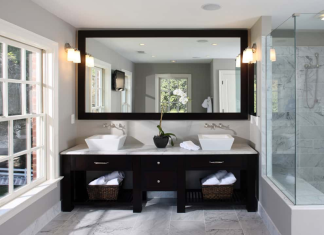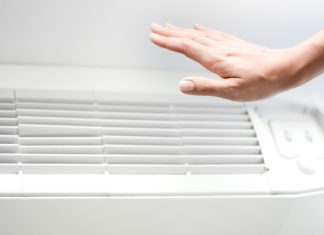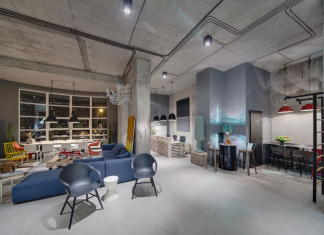A swimming pool may increase the value of your property and improve your quality of life. You may set them up inside or out depending on your preferences and available space. However, there are various factors to consider before settling on a location for your pool. In this blog, we’ll discuss the pros and cons of setting up an indoor and outdoor pool to help you decide.
Pros and Cons of Indoor Pools
Pros
- Year-round swimming is ideal for those who rely on swimming or water aerobics as their major form of physical activity.
- You will not have to deal with residues such as leaves and dirt. A dust cyclone approaching the city? Not your issue.
- Potentially safer if you lock up your pool house and keep unauthorized swimmers (fauna, dogs, and neighborhood youngsters) out.
Cons
- Much more costly to construct and maintain, especially in terms of heating, cooling, and other upkeep costs incurred throughout the year.
- Kids and dogs may have easier access to the pool if you put it in a more central location, such as the living room or basement.
- To prevent mold growth, maintain a stable temperature and humidity level in the pool room.
- Can be more challenging to deal with, since frequent acid washing and replastering of an indoor gunite pool, for example, is required. A vinyl-lined pool liner must be replaced every five to nine years. When the distance between the pool and the wall is small, it might be more challenging to do these maintenance activities. (Local construction codes specify the required length of the pathway surrounding your indoor pool.)
- There will be no outside pool parties this summer – The ability to swim inside all year may come at the expense of summertime pool parties in the sun. If this is a major problem, consider installing your pool outside to close it in during the winter or build an indoor-to-outdoor transition.
Pros and Cons of Outdoor Swimming Pool
Pros
- Solar heating is an alternative to using a pool heater in an outdoor pool.
- Spend less on construction and maintenance by skipping the expense of an enclosure, climate control, and year-round pool use.
- Relax and unwind in the sun this summer with some time at the pool, a barbecue, and a fire pit.
- Classic pool accessories such as umbrellas, slides, deck jets, and waterfalls work well in outdoor pools and should be included.
- You may install them in an indoor pool, but you need to consider the available room, the pool’s budget, and how much use they will get.
Cons
- On average, most outdoor pools can only be used for around 4–5 months out of the year, while certain places are temperate enough to swim year-round with a pool heater.
- There will be more work to do while cleaning the pool, as more leaves and other materials will be removed.
- An outdoor pool may become unbearable in places like Phoenix, where summertime highs often top 100 degrees Fahrenheit. A pool cooler and a covered seating area are two solutions.
- Night swimming is generally only for you if you have sufficient illumination and a pool heater.
- Wildlife, stray animals, and naughty youngsters are just a few examples of potential non-authorized swimmers.
- Thunderstorms, wind, and other elements of nature might damper your poolside plans, so be ready for the unexpected.
Other Factors To Determine Indoor Vs. Outdoor Pool
Ease of Setup
Indoor pools are often more costly to construct than outdoor ones because of their location, particularly if an appropriate enclosure still needs to be implemented. Breaking up the existing foundation to dig the pool raises labor and installation expenses significantly, even in regions where the room is available. The time and money needed to level and drain an interior room might vary greatly depending on location. Furthermore, if you choose a chlorine system, ventilation is essential, as it is a vapor barrier for the surrounding regions of the indoor pool.
Both in-ground and above-ground pool designs are available for outdoor use as swimming pools. It takes more skill and expertise to dig, shore up, and concrete an in-ground pool before installing the liner. When planning an outdoor pool, you should also consider decking, fencing, gates, leveling, and drainage.
Cost
It costs more to construct an indoor pool than an outside one. There is also the cost of dehumidifiers, vapor barriers, heaters, ventilation, piping, and the cost of the cover, pump, and filter system. There is also the expense of framing and finishing work if the pool is being built as an extension.
Excavating, leveling, pouring concrete, fencing, completing the site, and decking are all necessary for an outdoor pool. The same filters, heaters, and pumps used in an indoor pool are also needed for an outdoor pool.
Overall Appeal
Both indoor and outdoor swimming pools come in a variety of shapes, styles, and designs. Pool accessories and deck decorations are common additions to outdoor pools because of their high visibility. An outdoor pool is more likely to blend in with the rest of your property’s design.
Indoor swimming pools are usually more practical than aesthetically pleasing. Possibly slimmer and less prone to develop irregular forms. Indoor pools also have the possibility of being decorated; however, with fewer alternatives.
Algae Impact
Algae development in swimming pools is exacerbated by sunlight and becomes a major issue in the off-season or when chlorine levels are low. Algae are less of a problem with indoor pools since they are not exposed to sunlight.
Weather
You’ll likely get much usage out of your outdoor pool during the colder months if you live somewhere with consistently pleasant weather throughout the year. The usage of your pool may be interrupted, though, by rainfall or an unanticipated cold front.
We can swim year-round in an indoor pool. They are available 24/7 and may be used whenever the mood strikes you. The indoor pool may be preferable for those using it for exercise.
Maintenance
While both need pool maintenance, the frequency, and effort differ. Without a cover, outdoor pools attract debris such as dirt, leaves, and even small animals. Therefore, a regular cleaning schedule is necessary for an outdoor pool.
The upkeep for an indoor pool is far less than an outside one. Although they are protected from the outdoors, the pool must be aerated to avoid the buildup of toxic quantities of chlorine gas.
Indoor vs. Outdoor Pools: Which Pool Would Suit You Best?
By now, you should know whether an indoor or outdoor pool is more practical for your needs and budget.
Here are some things to think about if you’re still having difficulties selecting which one is best for you:
- Do you mostly exercise by swimming? How often, if at all, would you want to swim, including throughout the winter and fall?
- Do you value the opportunity to arrange events like pool parties? If that’s the case, how will your visitors be housed?
- Do you yearn for secludedness?
- Do you wish to heat your pool using the sun’s energy?
- Do you want to save costs anywhere you can on your inground pool build?
- If you need to put a pool in your current house, does your land have room for a separate structure?
